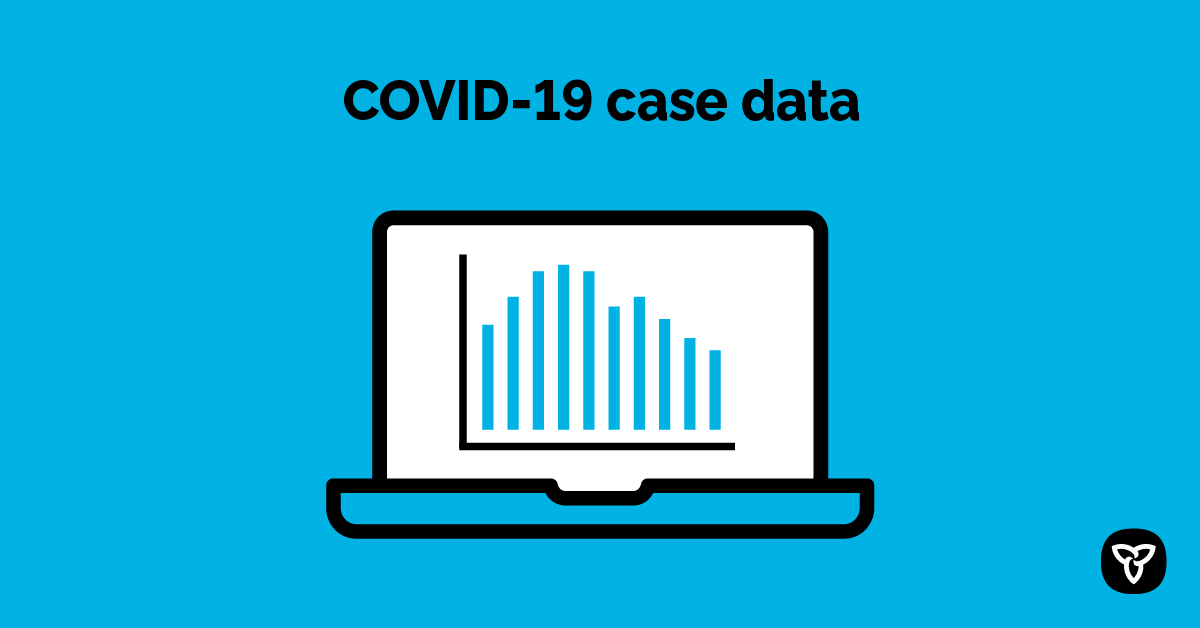AlvinofDiaspar
Moderator
You're right, but it would essentially set up a voluntary system of Health Card or other identification to access publicly-funded healthcare. If asked if I had a Health Card, I would get to say no just to be contrary (I can be like that); I could give them a library card. If the undocumented numbers are low enough to not skew the data, are they also low enough to not skew our herd immunity targets? At what point does the 'we should give it to anybody and everybody' morph into 'we must give to anybody and everybody'? Dunno. The bottom line for me is, if you should be here, you shouldn't be here, but I see points of the argument that if they are here, we should probably try to get them vaccinated.
I think in this instance it is less about whether the system tracks these individuals, and more about getting them vaccinated - encourage them protect to themselves, and by doing so us citizens as well. Definitely a pandemic issue and not a benefits/responsibilities of citizenship one. Also, keep in mind that unregistered vaccination (so no QR code) is actually a handicap for the rest of us (given access requirements) - we'd be a bit crazy to do what you've suggested just for the heck of it.
In any event, I think our herd immunity target wouldn't be systematically skewed downwards by bored citizens using their library cards to get vaccinated -it'd be by those who hold out against getting vaccinated anyways.
AoD
Last edited:






